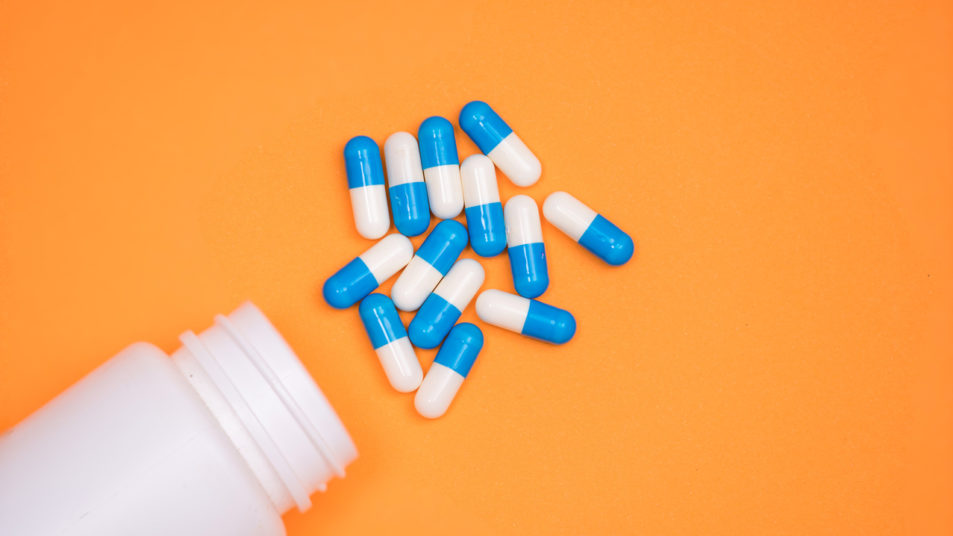Proton Pump Inhibitor Lawsuits
Millions of Americans suffer from heartburn, ulcers, and acid reflux. Medications like Prilosec, Prevacid, and Nexium are commonly prescribed and taken to prevent these painful health conditions. Unfortunately, these medications, known as proton pump inhibitors (PPIs), may do more harm than good. A recent study out of San Diego reveals that PPIs are linked to higher rates of kidney disease.
Despite this information, pharmaceutical companies have continued to market and sell their best-selling medications. As a result, 10 percent of American adults may be at risk of developing an avoidable and potentially life-threatening health condition.
Pharmaceutical Companies Aggressively Market Dangerous Drugs
For decades, people suffering from heartburn have turned to proton pump inhibitors for help. PPIs gained a lot of popularity, in part, due to an aggressive marketing campaign. It’s hard to turn on your TV or pass a billboard without seeing Larry the Cable guy gushing about the benefits of Prilosec.
Nexium, another popular PPI, has been marketed as the “purple pill.” Medications pushed by a goofy comic or referred to in such a lighthearted manner couldn’t possibly be dangerous, right? Wrong.
Decades of studies have revealed that long-term PPI use is associated with a host of health issues. Patients taking a PPI have reported a variety of adverse health events, including:
- Kidney injuries
- Heart attack
- Stroke
- Liver damage
- Infection
- Dementia, and
- Cancer.
These studies haven’t stopped AstraZeneca and other pharmaceutical companies from pouring millions of dollars into advertising campaigns. However, these campaigns failed to mention these possible health risks.
Heartburn Patients Are Suing Pharmaceutical Companies
Pharmaceutical companies have a responsibility to design, create, and sell safe drugs. If a company knows that a medication may be dangerous, it has an obligation to warn consumers. When a company fails to warn patients and doctors about known health risks, it can be liable for injuries and harm.
Thousands of heartburn patients are suing pharmaceutical companies over PPI-related injuries. The proton pump inhibitor lawsuits accuse the companies of:
- Manufacturing and marketing a dangerous drug, and
- Failing to warn patients about health risks associated with the use of PPIs.
Plaintiffs claim that they could have opted for a different treatment and avoided injury if they’d known the risks associated with taking a PPI.
While some PPI injury lawsuits have been settled, many are still pending in state and federal courts across the country.
What Damages Can Injured Proton Pump Inhibitor Patients Recover?
In California, plaintiffs in product liability lawsuits are entitled to ask for economic and non-economic damages.
Economic damages are awarded to offset the financial costs of an unexpected injury. An award of economic damages should help to put a victim back in the financial position they were in before they were injured. Examples of economic damages include:
- Medical bills
- Lost wages
- Disability, and
- Reduced earning capacity.
Non-economic damages are awarded to compensate for injuries that are difficult to value in terms of dollars and cents. These awards are very subjective and often vary significantly from one case to another. Examples of non-economic damages include:
- Emotional distress
- Pain and suffering, and
- Loss of enjoyment of life.
In some cases, a court may approve an award of punitive damages. Punitive damages are appropriate when a defendant acts fraudulently or intends to cause harm. Juries may be inclined to award punitive damages in PPI injury cases if they believe that pharmaceutical companies intentionally hid health risks from patients.
Do not hesitate to contact an experienced personal injury lawyer if you believe that you’ve developed health issues while taking a PPI. You may have the right to file a lawsuit and recover compensation for your injuries.

Leave a Reply